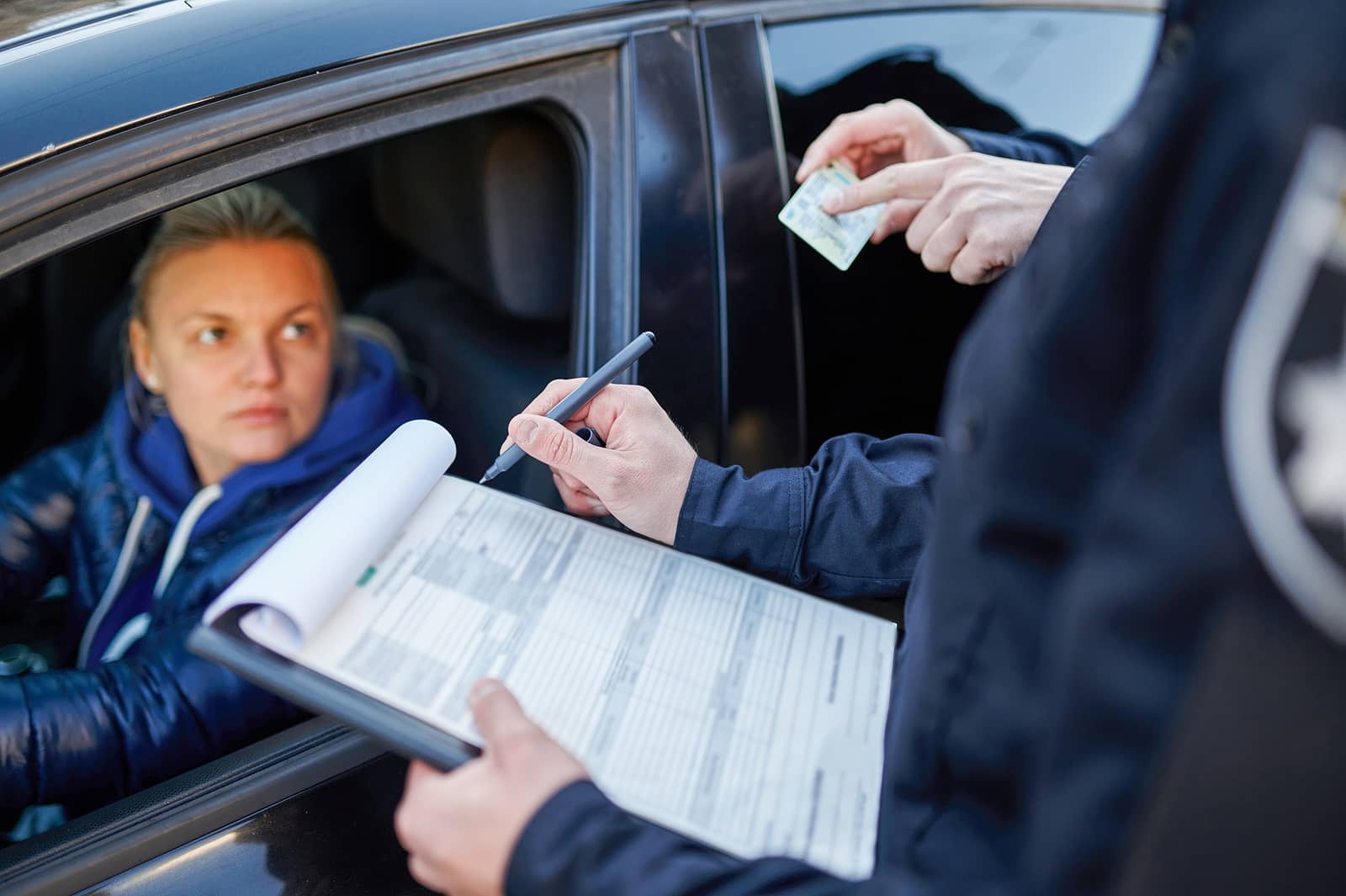If your Florida driver’s license has been suspended and you’re caught driving during the suspension, you will be charged with a crime. In most cases, this charge is a misdemeanor, but if this is the second time or more that you’ve been caught driving on a suspended license it could be a felony. You can also face being designated as a Habitual Traffic Offender and lose your license for years. This can be a serious situation, and hiring a criminal defense attorney is essential for the best chances of reducing penalties or even dismissing the charges altogether. Contact a skilled attorney for Fort Lauderdale traffic violations for your best chances of legal success, and read on to learn about the consequences of driving with a suspended license in the state of Florida.
When Is Driving with a Suspended License a Misdemeanor?
According to Florida Statutes Section 322.34, if this is a person’s first time being caught driving with a suspended license, they will likely be charged with a second-degree misdemeanor. The consequences of this crime could include up to 60 days in jail and a maximum fine of $500.

The second time that a driver gets arrested for driving with a suspended license, they will likely be charged with a first-degree misdemeanor. This is more serious than a second-degree charge, so the sentence could be up to one year of jail time and up to $1,000 in fines.
Though these charges are misdemeanors instead of felonies, you shouldn’t take them lightly. Even a short stint in jail or a few hundred dollars in fines could have cascading effects on your personal life and leave a permanent negative mark on your driving record. If you have been caught driving with a suspended license, contact a legal professional immediately.
When Is This Charge a Felony?
In most cases, if a driver is pulled over and charged with driving with a suspended license for the third time, they will face a third-degree felony charge. This typically means they could be sentenced to up to five years in prison, and they might have to pay up to $5,000 in fines.

In addition to prison time and costly fines, drivers could have to deal with other serious and long-lasting consequences. For example, if a driver has been charged with driving with a suspended license three times in five years, they will be labeled a Habitual Traffic Offender, or HTO, by Florida’s Department of Motor Vehicles and will lose their license for the next five years after the third arrest. They will also have to wait at least one year to apply for a hardship license to drive to work or school.
Drivers can also face this charge and become designated with Habitual Traffic Offender status if they have been convicted of two offenses defined under Florida Statutes Section 322.264, including the following:
- Any felony involving a motor vehicle
- Driving under the influence, or DUI
- A voluntary or involuntary manslaughter charge while driving
- Driving with a suspended commercial license
- Not providing aid to people injured in a vehicle crash, as required by Florida law
Habitual Traffic Offender status is crippling and could affect your family, friends, job, and more for years to come. This status is something that should be dealt with immediately and with the help of a trained legal professional.
What Should You Do If You’re Charged with This Crime?
Getting a license restored in Florida can be possible through two different legal avenues: vacating current or past driving offenses, or by applying for a Florida hardship license.
While not impossible, trying to get Habitual Traffic Offender status revoked before the mandatory five years is up can be extremely difficult. Drivers have thirty days from their conviction to contest it, and they can also file a Motion to Vacate in court if they believe that this or any prior charge is erroneous. This is a tall order and will require the knowledge of an experienced criminal defense lawyer.
Drivers can apply for a hardship license in Florida under certain circumstances, such as if they have to provide transportation for their children, or if they need to commute to work. It does not restore full driving privileges however, and will limit your travel to necessary trips only. Applying for a hardship license takes four steps:
- Sign up, pay for, and complete a twelve hour Advanced Driving Improvement course
- Apply for a hardship hearing
- Turn in an Advanced Driving Improvement proof of completion and a hardship hearing application to the local Administrative Reviews Office
- Pay any other fees related to hardship reinstatement
After completing these four steps, all proper documentation should be turned in to a hearings officer, who will then examine it and see if the driver qualifies for the hardship license. This is a time consuming and costly process, with fees adding up into the three digits or potentially more, and does not even guarantee that a hardship license will be granted.
A conviction for driving with a suspended license in Florida has serious consequences. That’s why you should never ignore or accept this charge, and should explore every option to have your driving privileges restored. You owe it to yourself to talk to a Fort Lauderdale criminal defense lawyer to determine your legal options.

Consult a traffic violations attorney today to get your criminal case dismissed or reduced to a lesser charge with fewer penalties. There are several possible defense angles to take, such as stating that you didn’t know your license was suspended or that you were not the person driving.
Your lawyer will carefully review the details of your case before choosing the right way to fight the charges. Call our Fort Lauderdale law office at 954-523-3811 today to learn more about your legal options.

 954-543-1186
954-543-1186
 Call Us Now
Call Us Now

